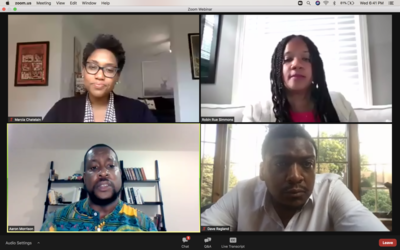Local artist draws inspiration from Aztec Two-step 2.0
She has a website with over 100 greeting cards and numerous books. Over the course of her career, she’s sold thousands of greeting cards. For Rosie Rinsler, being an artist isn’t just a profession but a lifestyle that she’s cultivated over the course of her entire life.
“Art is my passion, my joy, my love and my therapy,” said Rinsler, who does whimsical, up-beat, colorful, and detailed artwork. “I have three missions in life; to be a successful artist, to make the love of my life happy and help people with mental illness – to give them inspiration and let them know that life can still be beautiful.”
It started out as just a way for her to build some income on the side about twenty years ago. Rinsler and her partner started out with a printer, cutting machine, envelopes, and a bright idea. Her thought was that large art pieces take a lot of time to produce and need to match the decorum of a room, but greetings cards have universal appeal and people always need them. “They don’t have to match anything and instead of buying just one, they might grab 10 or 20.”
Aztec two-step 2.0 is her favorite band of all time and she used to frequently send them greeting cards as a gift. One day, the lead musician came up to Rosie and commissioned her to make a psychedelic, 60s-esque drawing as cover artwork for their new album. Rinsler said, “I came home and worked for hours and hours until I made seven different album covers for them to choose from.”
The album is comprised of songs written by the classic duo Simon and Garfunkel, reimagined in a new way. The band started playing songs in 1972 and Rinsler would begin seeing them a year later after she heard about them while taking art classes at Cornell University. She was only 15 years old at the time.
Rex Fowler and Neal Shulman, the band’s two musicians, started the folk-rock duo after a chance meeting during an open stage at a Boston coffee house. They’ve produced numerous songs and spent a lifetime of making music together. He spoke highly of Rinsler, stating “I’m a huge fan of Rosie’s work. Her art is whimsical and uplifting in a way that has a 60’s sensibility, which is where our music is rooted.”
The band has been an inspiration to Rinsler throughout her entire artistic career. One of the musicians in Aztec two-step 2.0 was also part of another band called The Nutopians that produced covers of John Lennon music. She made greeting cards for them as well. Rinsler said, “They would call me every week – tell me they sold like hotcakes – and ask me to send more.”





